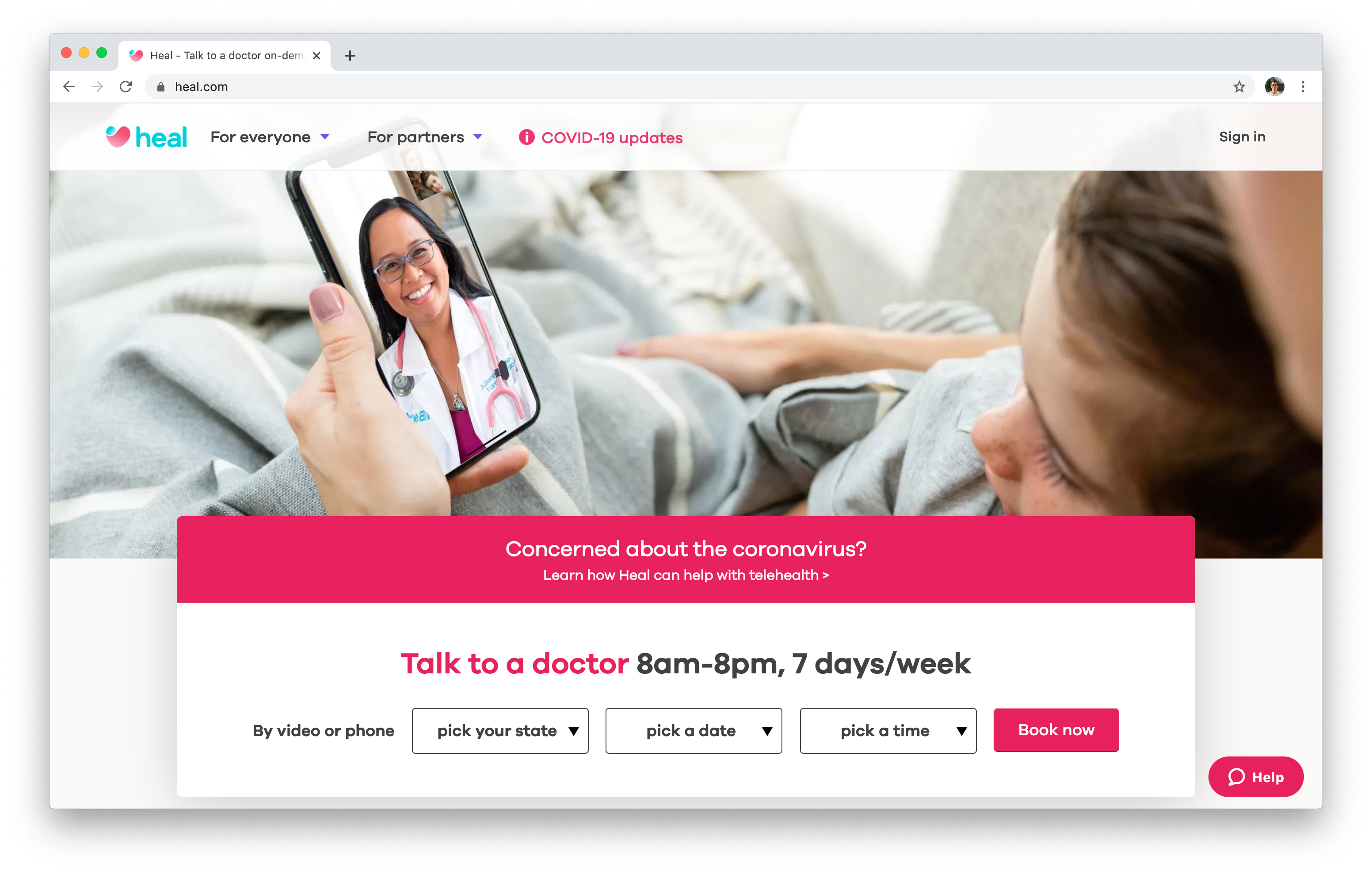Unlocking the Keys of Subscription Based Healthcare for Better Patient Outcomes
Unlocking the Keys of Subscription Based Healthcare for Better Patient Outcomes
Blog Article
The Surge of Subscription-Based Health Care and Its Effect On Person Care
As health care develops, the subscription-based design is getting grip, guaranteeing to reinvent client treatment by providing predictability and ease of access. The potential for these versions to improve health care shipment increases pressing inquiries about their long-term sustainability and inclusivity. Are these membership services the future of healthcare, or do they run the risk of leaving prone populaces behind?
Recognizing Membership Medical Care Designs
Grasping the idea of registration health care versions involves examining a transformative approach to medical services that highlights cost and accessibility. These designs, typically referred to as straight health care (DPC) or attendant medication, have emerged as cutting-edge options to traditional fee-for-service medical care systems. Membership healthcare permits clients to pay a set month-to-month or yearly cost for a defined collection of clinical services, which may include unlimited office visits, regular exams, and basic lab tests, without the demand for conventional insurance policy billing.
The structure of registration healthcare versions is designed to improve client care by removing third-party payers and complex invoicing codes, therefore decreasing administrative worries. Healthcare carriers can concentrate more on client care, fostering stronger patient-provider connections. This design likewise advertises preventative treatment by motivating normal sees, as the financial obstacle of per-visit costs is gotten rid of.
The subscription version usually encourages health care carriers to take care of smaller sized patient panels, allowing for more personalized care. It aligns financial motivations with person wellness end results, as carriers are motivated to keep client satisfaction and well-being. Overall, understanding subscription healthcare versions calls for identifying their potential to reshape how treatment is provided and accessed.
Benefits for Service Providers and patients

For companies, subscription-based models provide the chance to strengthen patient-provider relationships. With a stable profits stream, health care specialists can dedicate more time to each patient, causing an extra complete and personalized treatment experience. This version also decreases reliance over patient quantities, reducing fatigue and enhancing job fulfillment. Moreover, the emphasis on preventative treatment within registration strategies can bring about far better person end results and lowered lasting health care expenses. By concentrating on continuous treatment, service providers can deal with problems before they rise, eventually profiting the medical care system overall by lowering the concern on emergency situation and severe care solutions.
Challenges and Worries
While subscription-based health care versions present many advantages, they additionally include a collection of challenges and problems that must be dealt with. Initially, ease of access continues to be a substantial issue, as these versions commonly target people who can afford monthly costs, potentially omitting low-income populaces. This increases moral questions about fair accessibility to medical care services. In addition, the varied nature of subscription plans can cause confusion among individuals pertaining to coverage specifics, potentially my sources leading to unmet expectations or insufficient care.
Financial sustainability of subscription-based designs is one more issue. Carriers must stabilize the set income from memberships with the variable costs of healthcare solutions, which may rise and fall due to unanticipated clinical demands. This can create pressure to limit solutions or rise fees, potentially influencing individual satisfaction and care quality.
In addition, governing oversight of subscription-based medical care designs is still progressing. Dealing with these difficulties is critical for the fair and successful implementation of subscription-based health care.
Influence On Patient-Doctor Relationships
One considerable impact of subscription-based healthcare models on patient-doctor connections is the capacity for improved connection and individualized treatment. By embracing a membership model, medical professionals can take care of a smaller person panel, enabling more committed top article time with each individual. This raised schedule promotes a deeper understanding of a person's case history, way of life, and choices, enabling a lot more tailored treatment plans and treatments.

Nonetheless, it is necessary to acknowledge that while subscription-based designs might benefit those who can afford them, they might unintentionally expand health care disparities. Patients that are unable to join these designs might experience reduced access to personalized care, possibly impacting their relationships with health care carriers. Thus, while the subscription version offers encouraging advantages for patient-doctor partnerships, it likewise poses obstacles that need to be resolved to ensure fair health care accessibility.
Future of Healthcare Gain Access To

The duty of technology can not be ignored in this change. Telemedicine systems and digital wellness documents facilitate seamless interaction in between people and doctor, breaking down logistical and geographical obstacles. In addition, innovations in expert system and data analytics can further customize clinical treatment by predicting individual demands and maximizing therapy strategies.
Nevertheless, Our site the future of healthcare access also offers obstacles, such as making certain equity throughout various socio-economic groups. Policymakers and healthcare carriers have to collaborate to connect the digital divide, making certain that subscription-based designs remain inexpensive and comprehensive. As these systems mature, they hold the pledge of making health care much more obtainable, reliable, and patient-centric.
Final Thought
Subscription-based healthcare versions are reshaping person care by offering a steady cost framework and enhancing ease of access. These versions strengthen patient-provider relationships via personalized treatment and normal sees, emphasizing preventative wellness. Regardless of these benefits, challenges such as access issues for low-income populations and the demand for fair medical care solutions continue. The surge of subscription-based healthcare motivates aggressive patient interaction, which has the prospective to boost patient outcomes and complete satisfaction, signifying a transformative change in healthcare shipment.
As healthcare advances, the subscription-based model is getting grip, guaranteeing to change person treatment by using predictability and access.Subscription-based medical care versions use unique benefits for both people and companies, improving the general healthcare experience.As healthcare systems advance, the future of healthcare accessibility frequently pivots on the combination of ingenious models and modern technologies.Subscription-based health care models are reshaping client treatment by offering a stable price structure and enhancing accessibility. The surge of subscription-based health care encourages aggressive individual interaction, which has the prospective to improve client end results and satisfaction, signifying a transformative shift in health care delivery.
Report this page